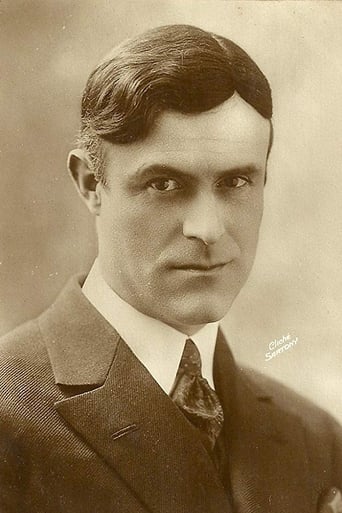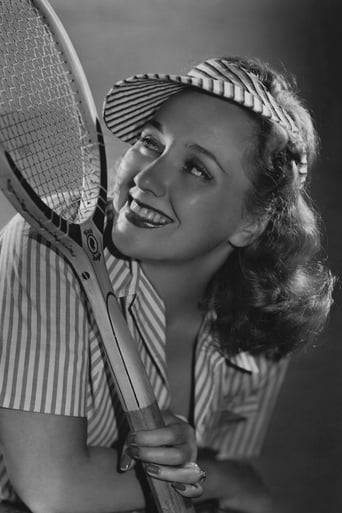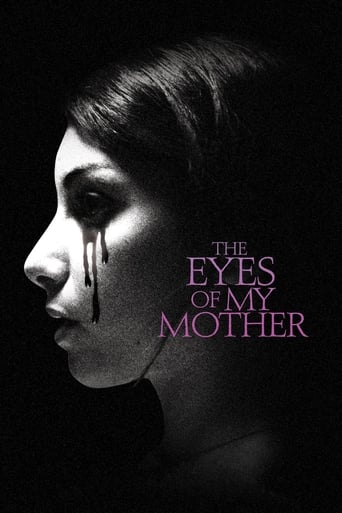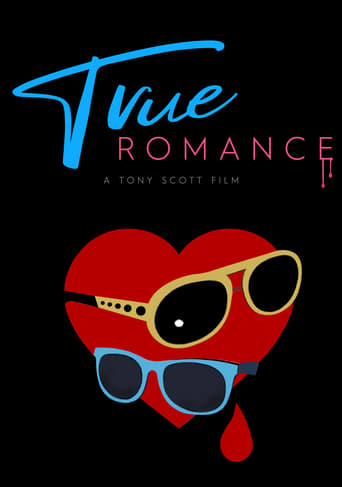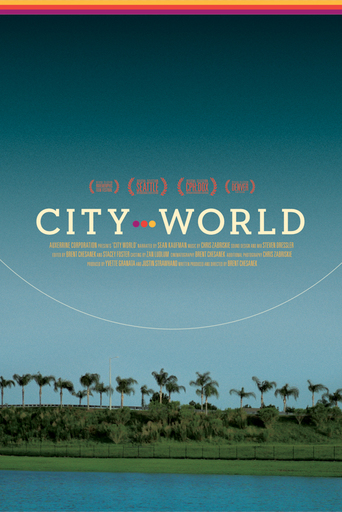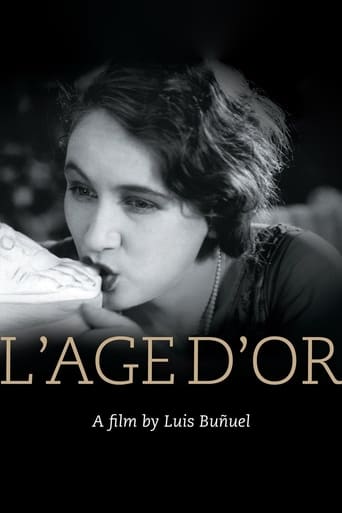
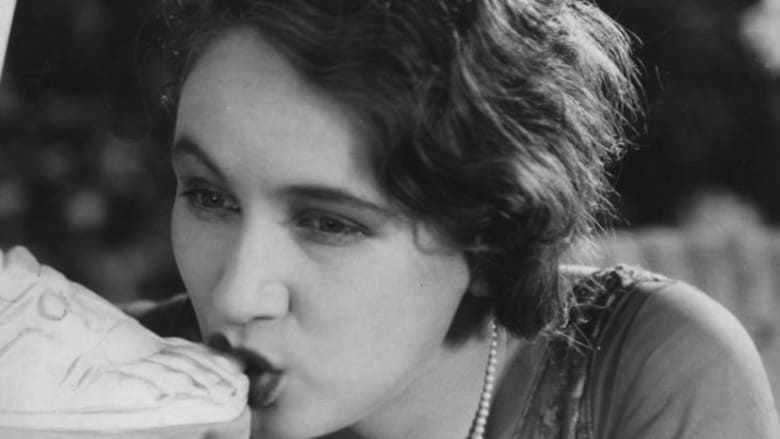
L'Âge d'or (1930)
The film consists of a series of tightly interlinked vignettes, the most sustained of which details the story of a man and a woman who are passionately in love. Their attempts to consummate their passion are constantly thwarted, by their families, by the Church and bourgeois society in general.
Watch Trailer
Cast
Similar titles
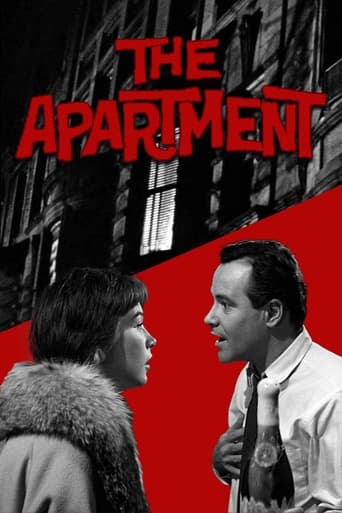
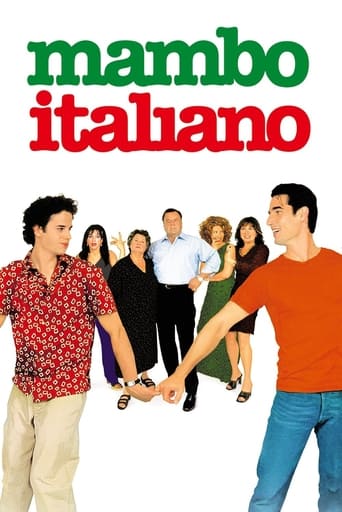

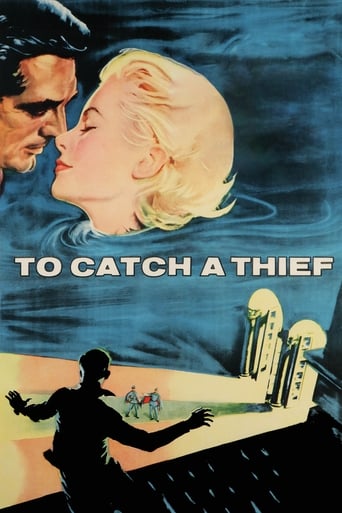
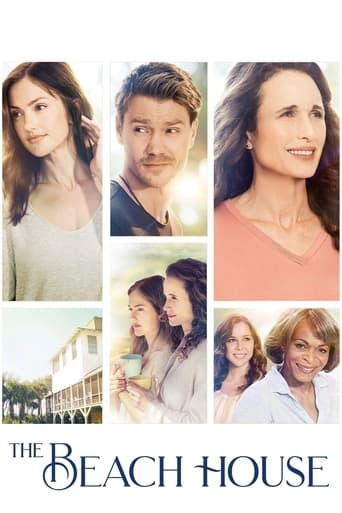
Reviews
Absolutely brilliant
I cannot think of one single thing that I would change about this film. The acting is incomparable, the directing deft, and the writing poignantly brilliant.
It's entirely possible that sending the audience out feeling lousy was intentional
The biggest problem with this movie is it’s a little better than you think it might be, which somehow makes it worse. As in, it takes itself a bit too seriously, which makes most of the movie feel kind of dull.
This film is usually screened with Un Chien d'Andalou shot the previous year by the same person - one hesitates to say filmmaker - which offers a double dose of horses**t for one admission price. It goes without saying that this is manna from heaven for the Academic-Pseud axis who can 'teach' it ad infinitum to gullible students, extracting as many meanings as there are student dollars. Those who would defend it point to a story of sorts which sees a man and a woman consistently thwarted in their efforts to engage in sexual intercourse by the Church, the State and the entire gamut of usual suspects. This is only marginally on the money because in truth the couple appear to be entirely clueless as to how the Mating Game is played, as if a blind, deaf and dumb paraplegic attempted congress with a sideboard.
Normally I write the plot here, but I have no idea how...The film starts off explaining the physical and biological makeup of the scorpion, making me wonder why the film is called "The Golden Age". That soon goes away. Then we are treated to dirty men, perhaps gold miners... so what is all this talk of accordions and hippopotamuses? The film gets even more strange from there on out, with withering toilet paper, a violin and other such nonsense, somehow connecting the opening non-fight non sequitoriously to Imperial Rome and some French people... Then a man who sees women masturbating in posters...What the heck is a Majorcan? And what is up with the foot fetish scene? I like feet as much as the next guy -- maybe even more -- but I was more than a little put off by the drawn-out love between the woman and the statue. And then, "What joy in having killed our children!" Then a Majorcan returns... a flaming tree... a giraffe getting pushed out a window... and then what seems to be a reference to the Marquis de Sade's "120 Days of Sodom".Four times as long as "Un Chien Andalou", but strangely enough not as weird... this film may not make much or any sense, but it truly is a surrealist masterpiece.
If you're knowledgeable about Bunuel's body of work, then you'll see pretty much the blue print for his future films, with all of his views on religion, unrequited lust and love/hate for the bourgeoisie. I agree with those who loved it yet, at the same time, I feel people missed Bunuel's point. Bunuel wanted a complete affront to the senses of that audience. If that sounds childish, well... Anyone could argue the easiness of taking shocking images and filming them and then claiming to be a genius is really dumb. But there is a sense of flow and rhythm to the images; this is not just a disparate collection of things to look at.Yet still one does not have to scratch his/her head in bewilderment as to what it all means. Does anyone complain about a Dali painting and his skewing of reality? Maybe, I don't know. But it's the same thing here. There are lots of grotesque, funny and sublime sequences. And though it doesn't necessarily flow as a cohesive narrative which has a straightforward, underlying message, it's clear which social mores that Bunuel/Dali are criticizing. If you're versed in Bunuel, he'd be the first to tell you that his images are not supposed to be symbolic. If you see a peasant on a horse and carriage riding through a Marquis De Sade castle, then that's exactly what you're seeing.As such there is an image of man executing his son, an image of another man brutally kicking a blind man, a cross with human scalps, a toilet making sewer noises cut between images of a man rolling in mud, which looks a little too much like...
L'Age D'Or (1930) ** (out of 4) I guess the "story" was simple enough but I never got caught up in it so I really didn't care if the man and woman finally got together or not. I guess the story really isn't too important here but the visuals and surrealism didn't work either. I've used the term "dreamlike" several times but that nature here, to me, just seemed overly imposed and forced on the viewer and really didn't come naturally enough. The dreamlike quality might be a word fans like myself overuse but none of it captured my attention here. With that in mind, the sound effects started to get on my nerves as did the acting, which was really poor, although if you got the "dream" I guess these things wouldn't bother you. The slam at religion is also another thing I never really picked up. The film was interesting enough that I don't regret watching it but I doubt I'll be giving it a second viewing.
